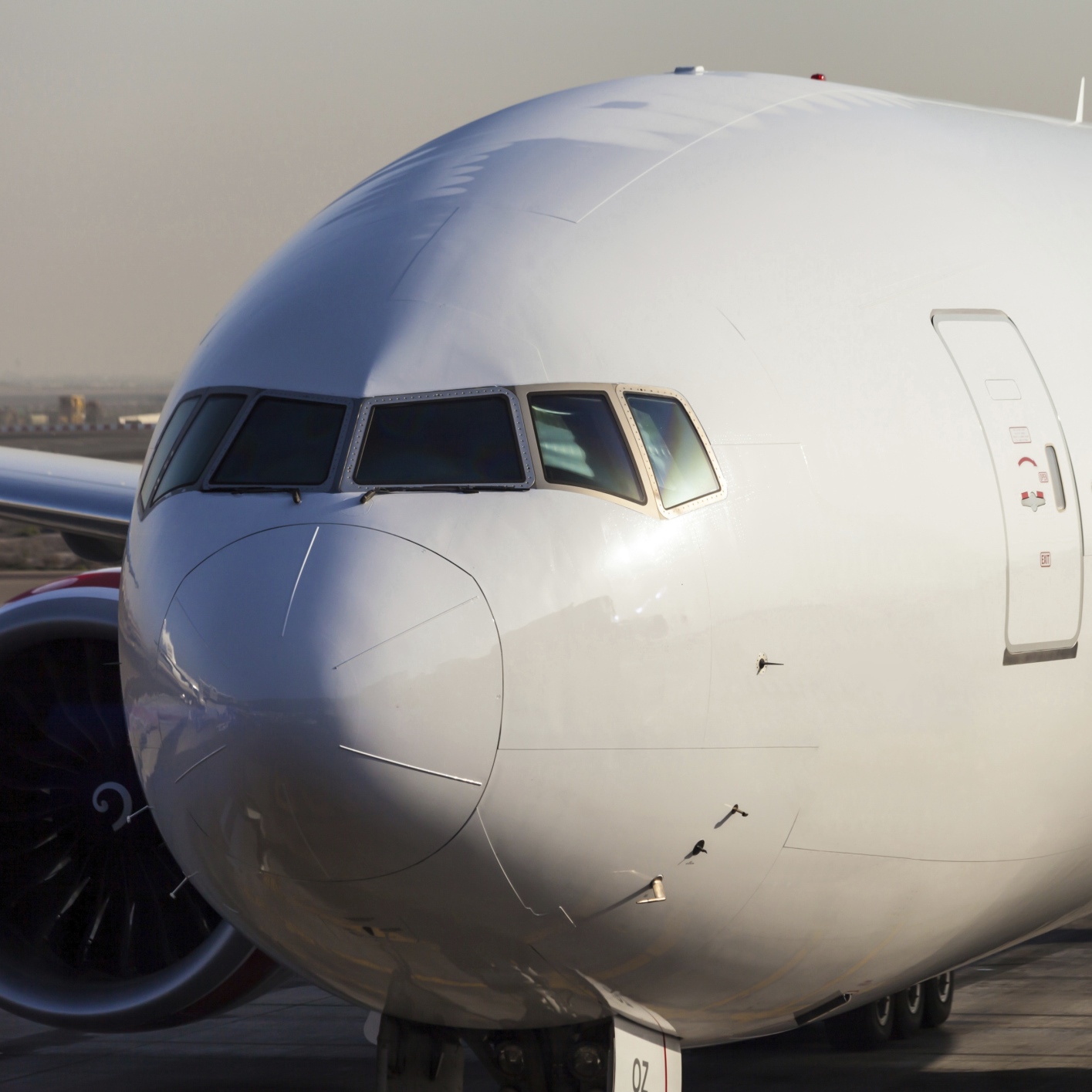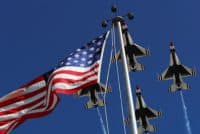
The Geneva-based World Trade Organization (WTO) on Monday handed down its report on a complaint filed by the European Union (EU) related to incentives granted to Boeing Co. (NYSE: BA) by the state of Washington in November of 2013 that resulted in Boeing’s decision to build an assembly plant for its new 777X commercial jet in the state. The WTO ruled Monday that the certain tax incentives offered by the state of Washington were illegal subsidies under WTO agreements.
In mid-November 2013, the Washington legislature approved a package of incentives worth about $8.7 billion and promised another $10 billion in infrastructure improvements if Boeing would locate the new plant in the state. A week later the IAM rejected Boeing’s contract extension offer. Boeing immediately got offers from 22 states and at least one foreign country to bring the plant to a more business-friendly location.
After a second round of union voting, a new contract extension was approved and Boeing broke ground on its new plant in Everett, Washington, in 2014. The EU filed its complaint with the WTO in early 2015.
In a statement cited at Leeham News, Boeing’s general counsel called the WTO ruling “a complete victory”:
Today’s decision is a complete victory for the United States, Washington State and Boeing. The WTO found in September that Airbus has received $22 billion in illegal subsidies from the EU and that without these subsidies neither Airbus itself nor any of its airplanes would even exist today. By contrast, in rejecting virtually every claim made by the EU in this case, the WTO found today that Boeing has not received a penny of impermissible subsidies.
Calling the WTO ruling a “knockout blow to Boeing’s record-breaking subsidies,” Airbus also claimed victory:
Today’s report from the World Trade Organization (WTO) Panel (DS487) confirms that the United States has ignored international trade rules by permitting illegal subsidies to Boeing, this time targeted at the 777X aircraft. The Panel found Washington State’s multi-billion dollar subsidy regime for Boeing to include “prohibited” subsidies, which in the Panel’s words belong to “a special category… which Members have deemed to create such trade distortions that they are proscribed,” because they are “specifically designed to affect trade.”
According to Leeham News, Boeing received $521 million in subsidies from the state of Washington in 2014-2015 and an as-yet-undetermined amount for 2015-2016. Boeing’s agreement with the state also stipulates that if the WTO rules against the subsidies, the state is on the hook for coming up with a way to replace the tax breaks.
The specific issue on which the WTO ruled against Boeing received a tax break that was tied specifically to the 777X and that was not available to any other company in the state. Had the state’s carbon tax initiative passed in the November election, Boeing would no longer have been subject to accusations that it was receiving a special tax break because the business and occupancy tax incentive, under which Boeing receives its tax break, would have been available to all the state’s manufacturers.
Whichever side “wins” is unlikely ever to face real sanctions. Airbus is currently appealing a ruling that the company received $22 billion in illegal subsidies from its EU backers, and even if it prevails over Boeing in this dispute, neither the EU or the United States is likely to impose tariffs on the sale of aircraft. Tariffs just make the airplanes more expensive and most buyers buy from both makers.
It could be the first shot fired in a global trade war, though, if President-Elect Donald Trump chooses to make it so. While there may be no logical reason to launch such a trade war, politics is not always logical.
The office of the U.S. Trade Representative is expected to appeal the WTO verdict and has 90 days to do so.
Take Charge of Your Retirement In Just A Few Minutes (Sponsor)
Retirement planning doesn’t have to feel overwhelming. The key is finding expert guidance—and SmartAsset’s simple quiz makes it easier than ever for you to connect with a vetted financial advisor.
Here’s how it works:
- Answer a Few Simple Questions. Tell us a bit about your goals and preferences—it only takes a few minutes!
- Get Matched with Vetted Advisors Our smart tool matches you with up to three pre-screened, vetted advisors who serve your area and are held to a fiduciary standard to act in your best interests. Click here to begin
- Choose Your Fit Review their profiles, schedule an introductory call (or meet in person), and select the advisor who feel is right for you.
Why wait? Start building the retirement you’ve always dreamed of. Click here to get started today!
Thank you for reading! Have some feedback for us?
Contact the 24/7 Wall St. editorial team.




